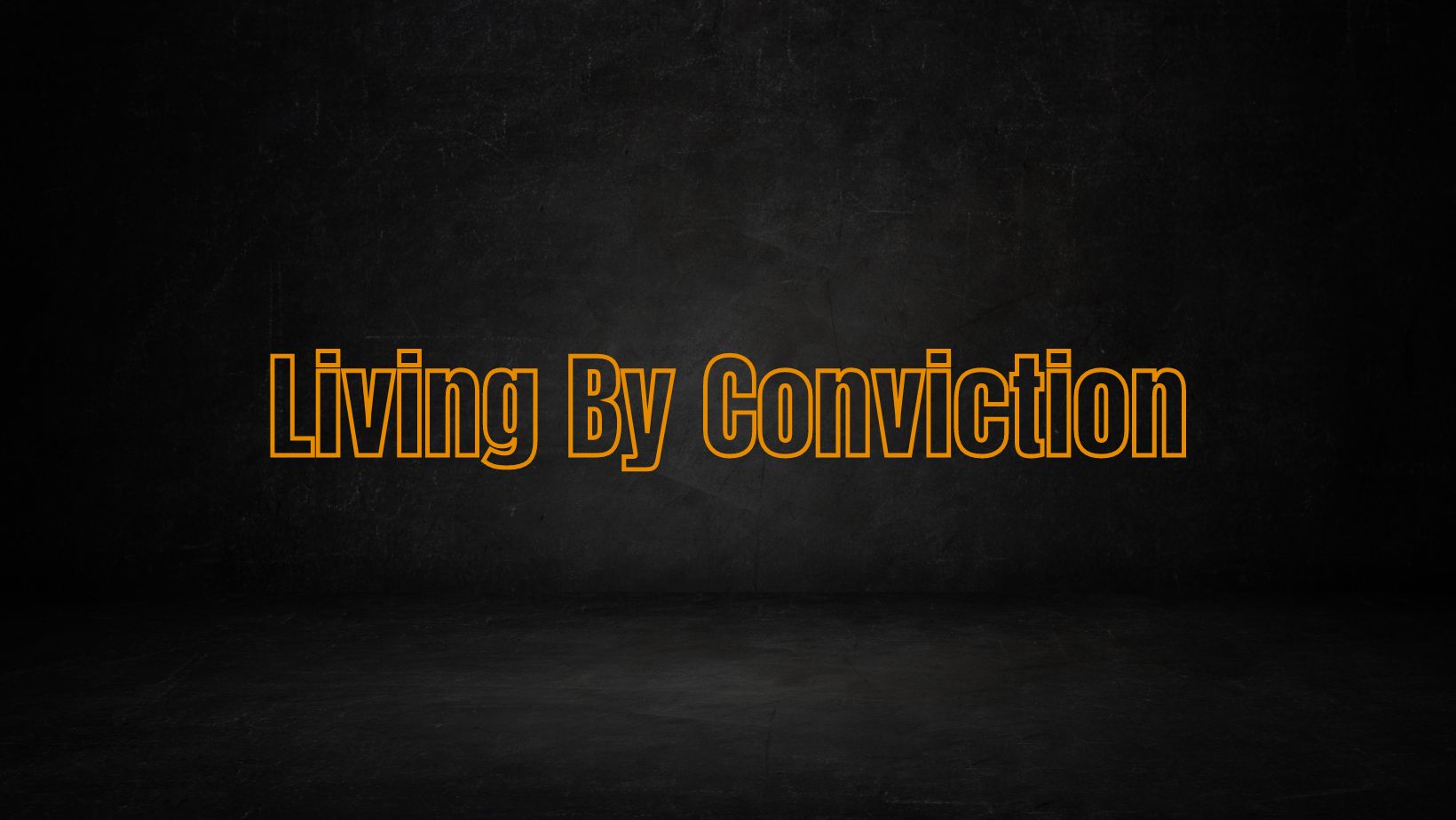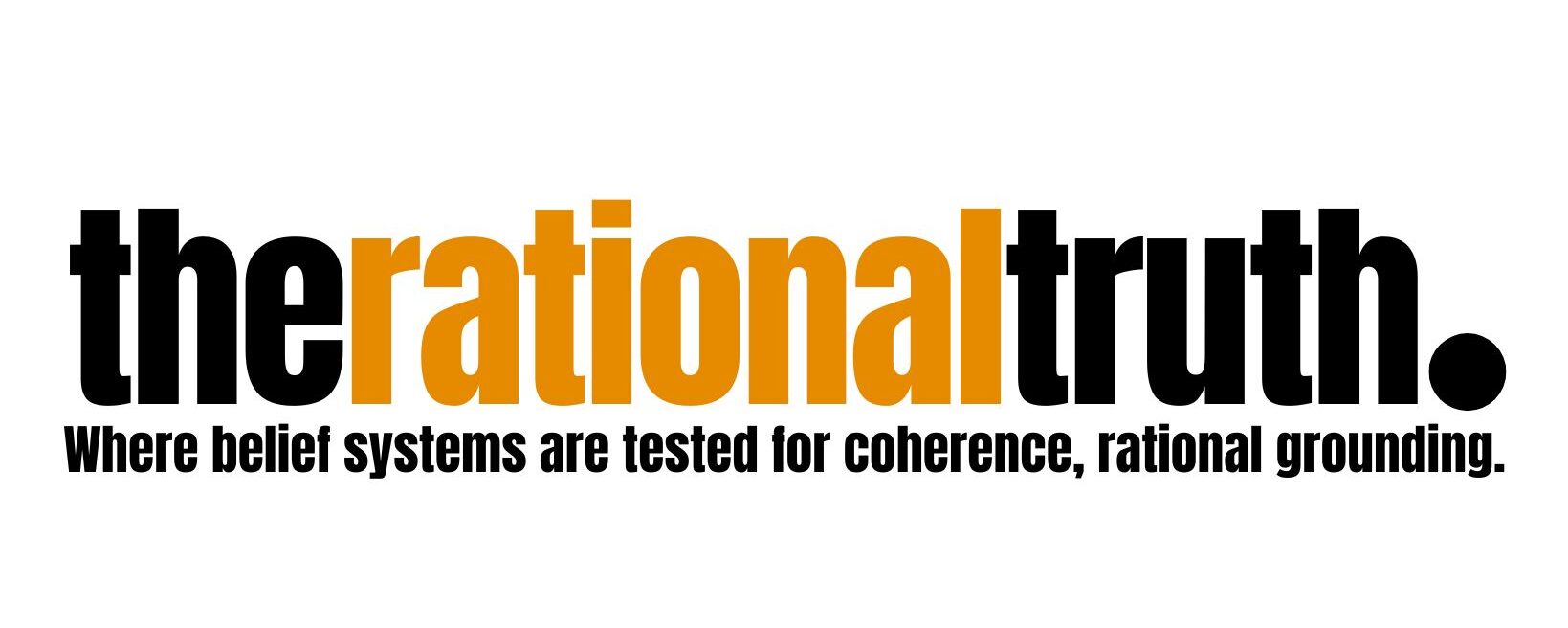
Conviction
Conviction – this is a word that gets our attention. It jumps out at us. Anything to do with the word “conviction” causes us to stop and think. When asked about our deepest convictions, any responsible citizen immediately looks inward toward the things that make us tick. When we read or hear a word on the subject of core beliefs, or what we stand for, it should make us stop and take inventory. The definition of conviction states: a.) a strong persuasion or belief, and b.) the state of being convinced.
If we don’t know what we stand for, how could we make a difference when called into duty? Share on XA politician goes to Washington
Let me give you an example. You’re a politician running for office. If elected, you get to Washington ready to show up for work on the job as a U.S. senator or congressman. You’ve run a tough campaign, traveling from one end of the state to the other, shaking hands with potential voters, doing the best to tell your story. Hopefully, you know where you stand on the issues and have a certain degree of conviction about why you’ve taken the position you have.
Think for a minute how this politician would perform if he gets to Washington, and doesn’t know who he is and what he stands for. In the months leading up to the election, he would have had several visits to his state by “celebrity” politicians. Senator Rand Paul will come out for a $500 a plate dinner for a fundraiser. Chris Cristie, the former governor of New Jersey, will also come at another time, fresh off his performance in the primaries.
You get a phone call from Mitch McConnell, the Senate majority leader, and you are getting excited about the possibilities just around the corner. Donald Trump Jr. will also pay a visit. Or, on the Democratic side, perhaps Chuck Schumer will come out as a guest speaker at a fundraising event. Nancy Pelosi also visits you on the campaign trail. The Democratic National Committee sends funds for TV commercials, and the same thing is happening on the Republican side.
A Man Of Convictions
You win your election; you head for Washington, and you arrive with a debt to pay to those who helped get you elected. The result becomes crystal clear. I can let the puppeteers in Washington pull my strings and overly influence me, or I can be a man of my own convictions and choose not to be indebted to the pressures that will be enormous.
To be a person of conviction, I need to know what I stand for and who I answer to. In the political example here, I’m betting most politicians have an idea of what they stand for along party lines, but it becomes pretty gray, pretty quick. It’s not all that often when we hear a politician articulate what their core beliefs are until the party takes a stand.
They don’t want to be put on the sanitation committee overseeing the Capital bathrooms instead of the foreign relations committee, so they often line up to take orders from above. Many times their convictions go out the window when the party comes knocking. Surely, if they don’t know what they stand for when they get to Washington, their plan on making a maximum difference will go out the window.
A Person Of Integrity
We need to think ahead and become a person of integrity to position ourselves for the best chance of success.
I like to think in terms of “carpe manana” instead of “carpe diem.” Think about tomorrow, instead of living only for the day. If we don’t give thought to certain issues and develop core convictions, we’ll fail in the future when the tests of life come our way. If we haven’t thought through how we’ll deal with temptation when it comes, we are setting ourselves up for failure.
Deep-Seated Convictions
Much of this has to do with deep-seated convictions – knowing where we stand on a range of issues, choices, core values, and principals. If we haven’t thought about the consequences of poor choices, we surely would be more likely to fall into the enemy’s trap when confronted with those choices. We need to think ahead and become a person of integrity to position ourselves for the best chance of success.
If only we’d put a little thought and planning into life’s most challenging dilemmas. We should look for less heartache, not more, and more peace and harmony, not less. With a little introspection and planning, and God’s help, we can accomplish just that.
So I have to ask you, what are the things in your life that are immovable? How will you refrain from compromise? Are you certain of what are the non-negotiable items in your daily thought process and actions? What are your core values? If I asked you to write down five things that matter to you more than anything else to you, what would they be?
a few examples:
Reputation
What’s your reputation worth to you? Have you ever thought about your influence on those you interact with every day? What do those closest to you think of you, and are you making the most of the opportunity you have to love them, invest in them, and make a difference in their lives? If you keep going the way you’re going, will you lose the respect of your kids? Your wife?
I like the bumper sticker that says, “It Matters”. As opposed to the other one that says “_ _ _ _ Happens”. To some people, things matter. They have a conscience. They are principled. It just matters to them. If you believe in an excellent set of values, things matter to you.
If positively influencing those that God puts in your path matters to you, it may be that one of your core convictions has to do with living in such a way that you don’t squander the relational opportunities God presents to you.
For example, I’ve seen guys that will shake your hand, or say hi – but are looking right past you. They don’t care about the little guy; and unless you are a somebody, their prideful ways preclude them from really caring about people in general. We’ve all seen this behavior, and in fact, any of us could be that guy. If so, we’ve squandered a great opportunity to be a genuine person to those we come across. Strangers and acquaintances matter if you have conviction on this.
Valuing Your Spouse And Family
Sometimes, those closest to us get the least of our attention. If our intention is to value our loved ones, we need to be sure that nothing gets in the way of that objective. We do that by showing respect and recognizing each other’s value to the family. When we don’t respect a family member, it’s nearly impossible to pour into them and lift them up.
I’ve seen cases where a senior family member is disrespected in a diminished state and was criticized and devalued to where they realize their new, lower status. If we disrespect a family member, it’s our own integrity that becomes impugned, and our influence is lost on a broad scale. We need to develop convictions that protect us from poor choices in our relationships. Your spouse and family matter to you if you’ve been convicted in your heart and choose to respect your family.
Dealing With Temptation
There are many types of temptation. Lust and sexual temptation are at the top of the list, but there are others as well. The temptation to participate in a bad business deal, or hook up with a corrupt partner. The temptation to steal in a business relationship. The temptation of greed to influence decisions. There are too many to itemize in detail here. But the point is if we haven’t driven a stake in the ground, and later find ourselves in a compromising situation, there is a good chance we’ll fail.
Remember – carpe manana! Be ready for anything. If “it matters,” you’ll not compromise your integrity. You have conviction. I doubt Joseph could have passed the test when tempted by Potiphar’s wife if he wasn’t prepared for that moment.
In Colossians, we are encouraged to “set your minds on things above.” Paul states that he was “convinced” that God could guard and protect him. Paul was definitely in “a state of being convinced” that nothing could separate him from the love of God. He had extreme conviction. He believed.
Establish yourself now in Godly principals, and position yourself for the best possible chance of success. It all starts by saying, as Paul did, ‘I will trust You! I am convinced you have my very best welfare in mind’ (paraphrased). Jesus asks, “Who do you say I am?” He wants to know if we acknowledge him as the Christ and our Savior. Our response tells us where our convictions and beliefs lie. Whether we are really willing to trust him. After losing everything, Job could say, “I know that my Redeemer lives!”
Therefore, since you have been raised with Christ, strive for the things above, where Christ is seated at the right hand of God. Set your minds on things above, not on earthly things. For you died, and your life is now hidden with Christ in God.
Colossians 3:1-3
Anchor Yourself To The Rock
Don’t wait until you’re asked to take part in some nefarious behavior to make tough decisions on the spot. Pride yourself in your reputation, and be sure you’re anchored to the Rock who is your only strength. Develop the deepest of convictions now so you don’t fail down the road. Now is the time to engage in the methodology of systematic engagement with the things of God, so the rhythms of your life are already in place when decision time comes.
Be proactive now, versus reactive later. Job would not curse God after losing his family and wealth. He was secure in his relationship with God, and when the test came, he knew God so well that nothing could get in the way of his love for God. He knew Who he believed in, and what he stood for.
Indentify In Christ
Part of following Christ is identifying in Him. Where do you find identity? In things, success, wealth, status, etc.? All of these things will let you down when life’s tough challenges come your way. Identify with Jesus Christ and be content in your relationship with Him. Believe in Him. Know Him. Everything else will disappoint. Develop a deep-seated belief in God and you’ll make it through any circumstance.
Let us know in the comments what values – convictions – guide your life.






